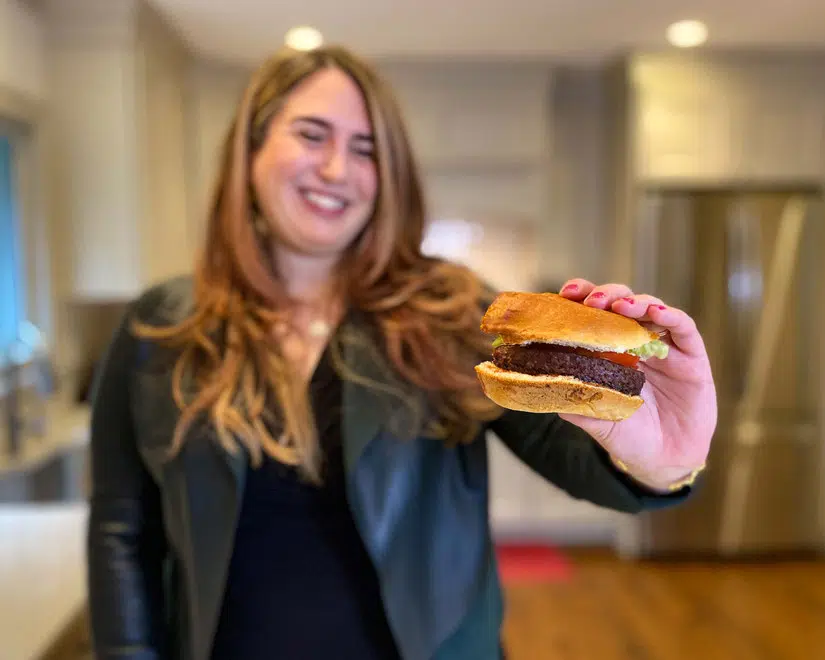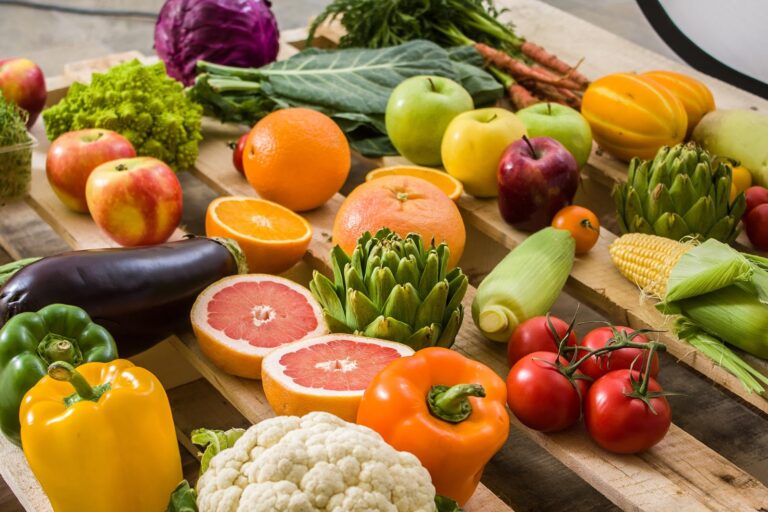FoodWorks Motif Improving the taste and appearance of plant-based foods
Plant-based foods are a more sustainable and environmentally friendly option than animal products that require a lot of energy, land, and water to grow. However, the taste, texture, and appearance of many plant-based foods need to be improved to be more acceptable to consumers. Motif FoodWorks, a food technology company, has gained exclusive access to technology that can change the consumer experience of plant-based eating.

The company’s mission is to make plant-based foods taste better while improving their nutritional value. The company is working with Professor Alejandro Marangoni and the University of Guelph in Ontario, Canada, to develop plant-based cheese that stretches and melts using prolamin technology, and plant-based meat with healthier fat using extrudable fat technology. These qualities are often lacking in plant-based foods, making them less appealing to many consumers. But if plant-based cheeses can stretch like dairy cheeses, or if plant-based meats can properly bind fats and proteins, it could increase consumer interest in sustainable alternatives to popular foods.
Extrudable Fat Technology Making Tasty Plant-Based Meats
Extrudable fat technology mimics animal fat in plant-based meats, allowing for more authentic fat textures, such as marbling. This technology runs the fat through an extruder and then combines it with proteins to create a better ingredient where the fat and protein are physically bonded. Otherwise, the fat would normally turn into a liquid at these pressures and temperatures.
“We’ve optimized the technology so that the fat doesn’t separate from the protein. It’s about integrating the fat and the protein, and the result is much more like a marbled piece of meat,” says Jonathan McIntyre, CEO of Motif FoodWorks.
By balancing the relationship between fat and protein in a way that mimics a marbled cut of animal meat, such as beef, we see better flavor release, texture, taste, and moisture retention.
Prolamin technology production of elastic and bubble cheeses
Motif FoodWorks also improves the texture of plant-based cheeses with a protein called prolamin. Prolamin technology uses a natural corn protein to give plant-based cheeses qualities like meltiness, elasticity, and bubble formation, in a way similar to animal-based dairy products.
“I think the gap between the performance of dairy-based cheeses and plant-based cheeses is significant. We are developing technologies that will significantly reduce that gap and we hope to bring them to market very soon,” says McIntyre.
Prolamin technology creates elastic plant-based cheeses that can be used in a variety of ways, such as melting them on pizza, tacos, or cheeseburgers. These are uses often absent from other plant-based dairy products.
Making plant-based foods more delicious
Jonathan McIntyre explains that texture, taste, appearance, mouthfeel, and moisture retention are essential for plant-based foods, but are often overlooked in the eating experience. To change that, Motif FoodWorks is studying the physical properties of ingredients to find new uses and innovative food forms.
“Our goal is not to replace a bunch of other commodity products. Our goal is to create a characterizing ingredient that, at a small level, has a major impact on properties like taste, texture, or nutrition,” McIntyre says.
A small amount of Motif FoodWorks ingredients can be combined with an optimized system, which includes plant proteins or other plant-based ingredients, to create a better product experience. For example, they can create a prototype of a vegetable-based product that still offers a good source of protein with tasty flavors and forms. This would encourage people to make the vegetable-based product the center of their plate while still getting the required servings of vegetables and protein.
Motif FoodWorks can also produce at scale and make products quickly. The company has fermentation tanks in its labs to make products that require this process, and it has access to traditional food facilities and factories.
“I’m excited to see what new product forms we could create with some of these things. I have some ideas for snacks that could benefit from our technology,” McIntyre says.
By understanding the fundamental physical properties of foods, Motif hopes to improve the taste of plant-based foods. Ultimately, the goal is to create plant-based foods that consumers will want to eat in greater quantities and will be willing to use as a replacement for animal products.

